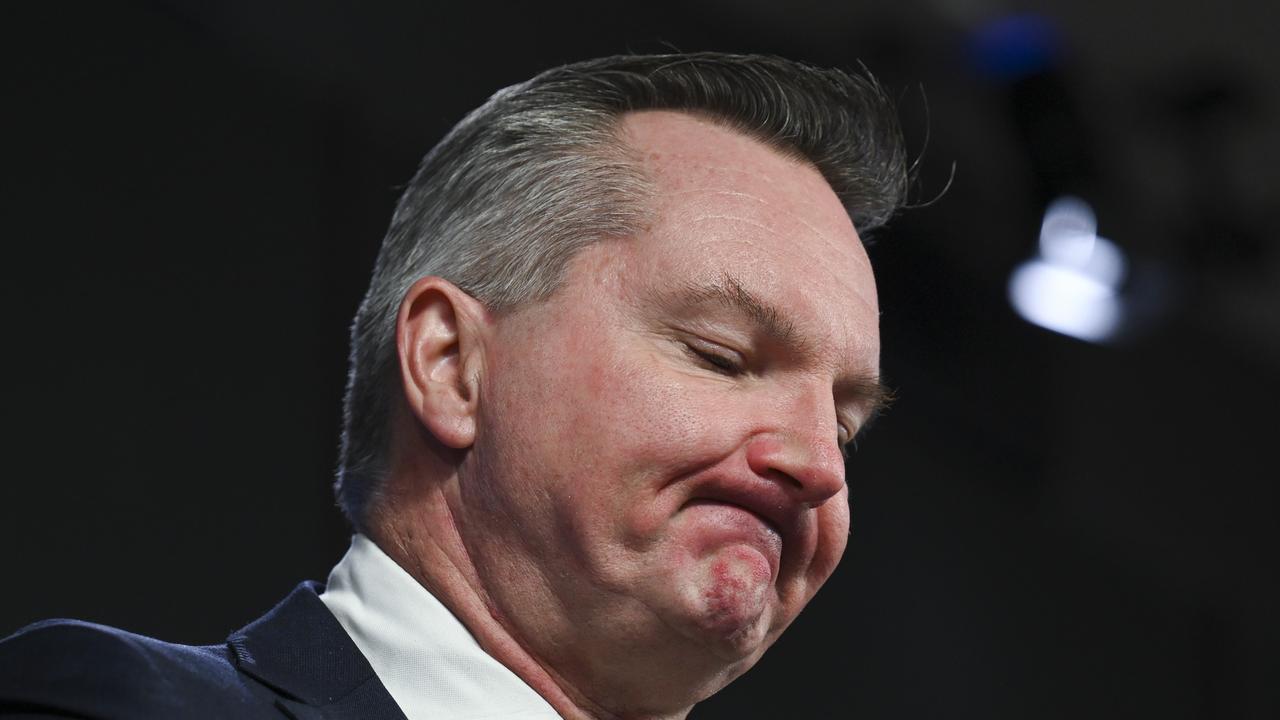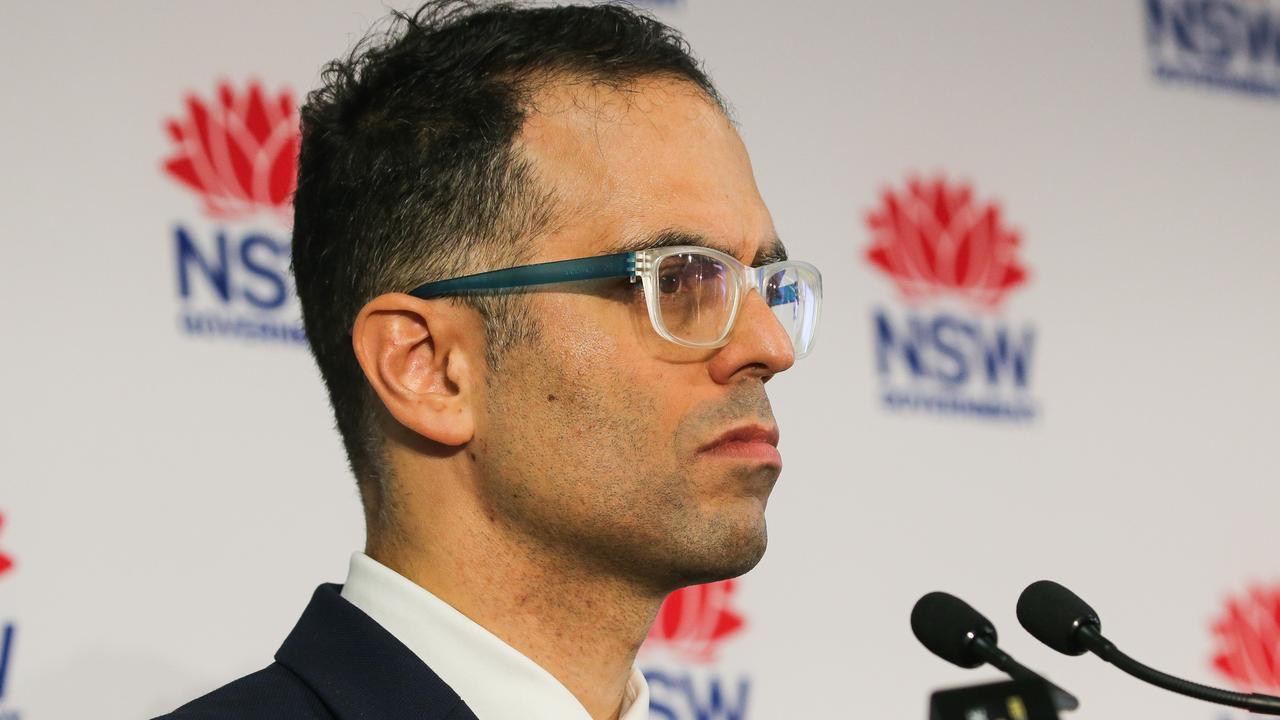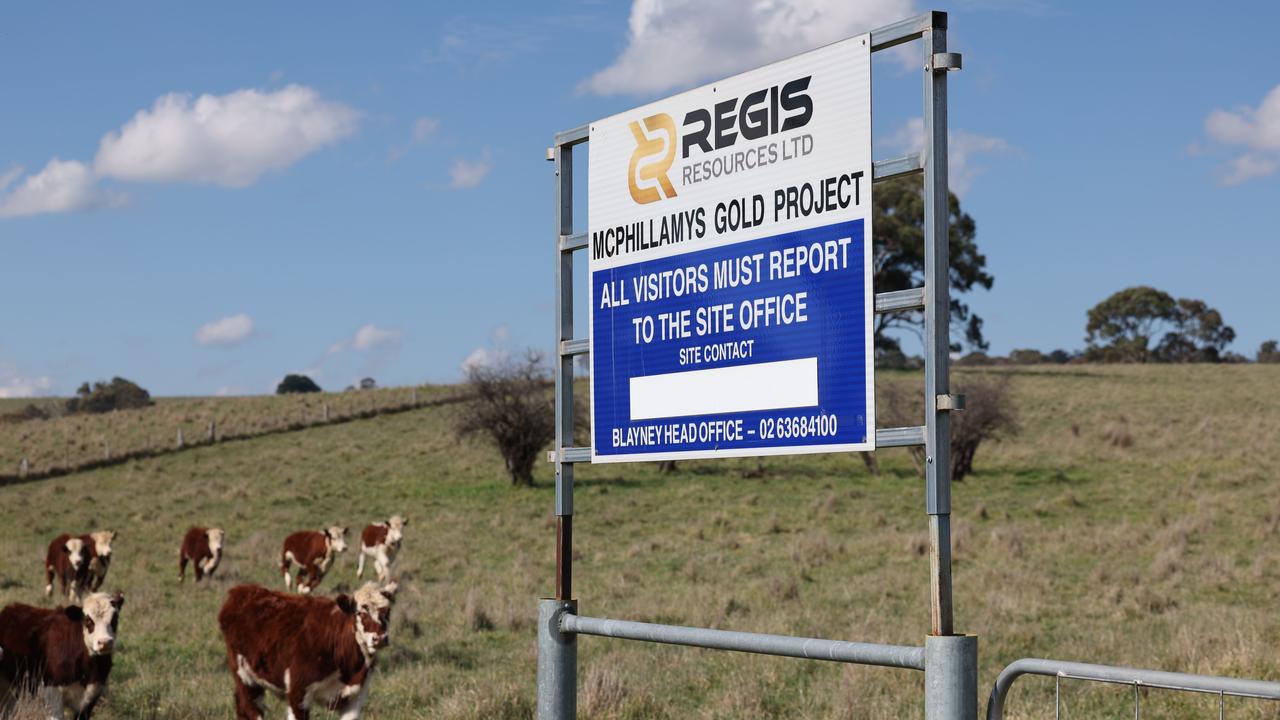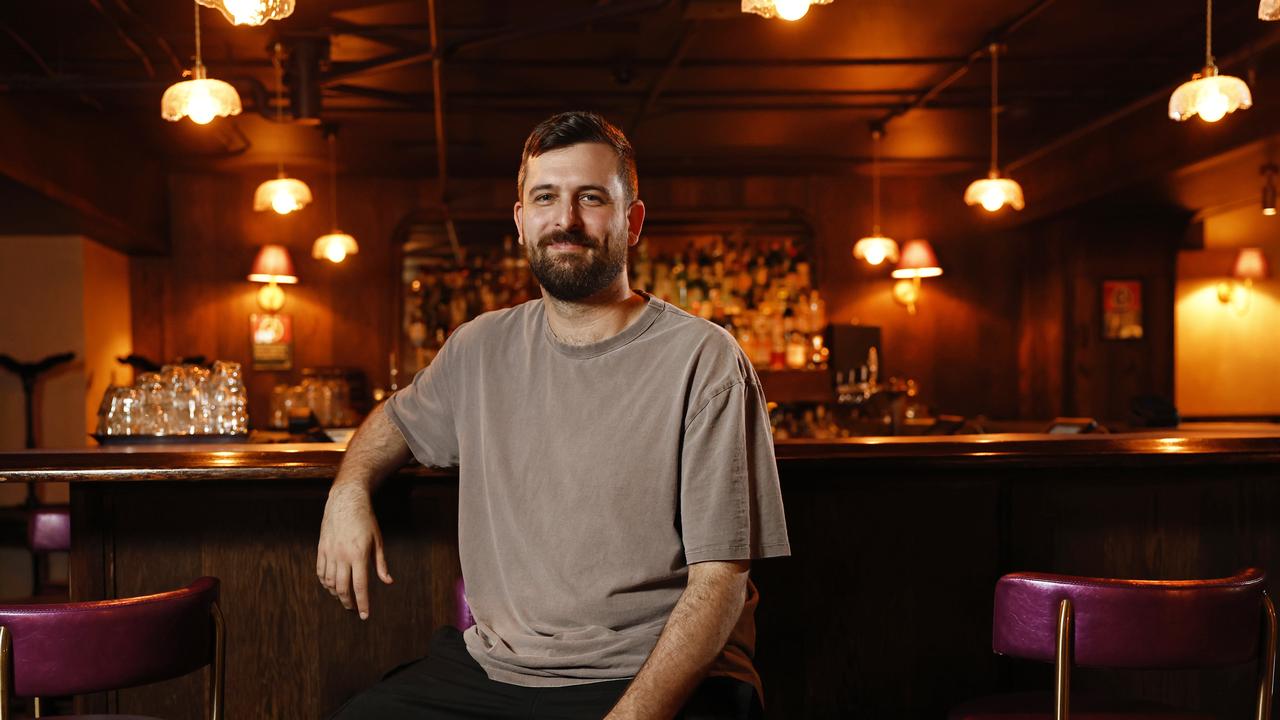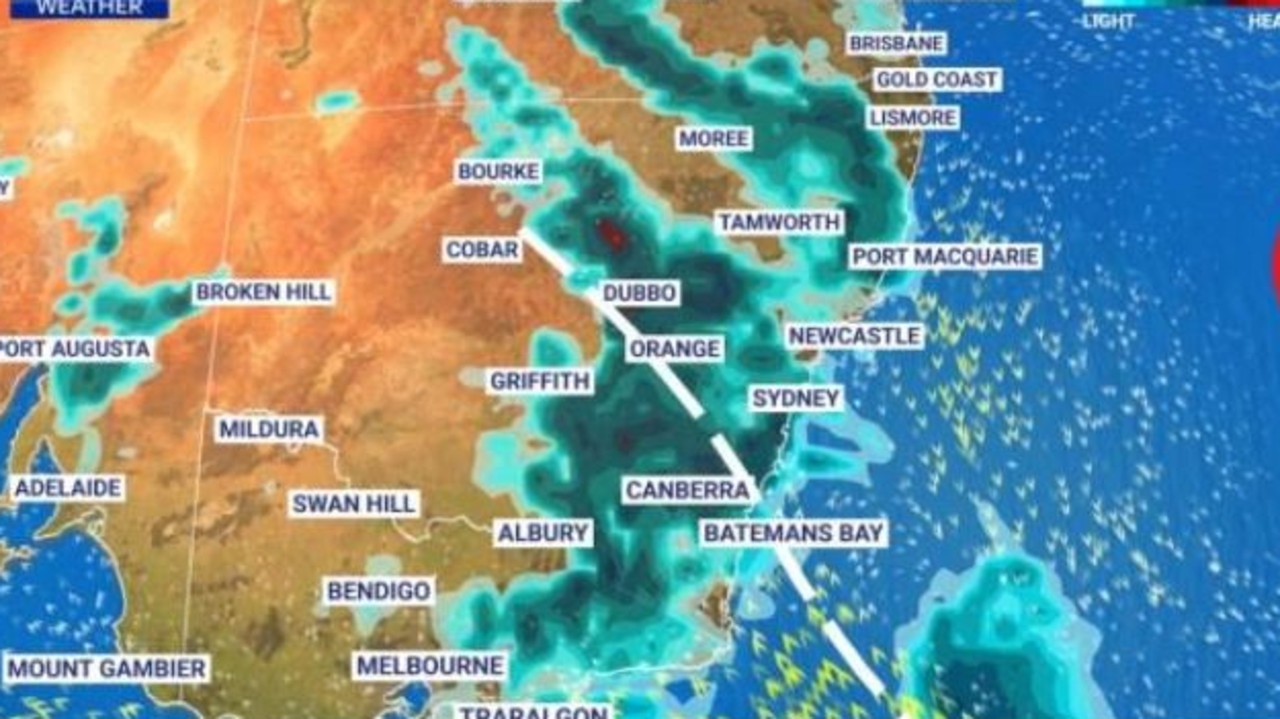Little India: Residents speak out against Harris Park mobile food businesses
Residents clashing with mobile food vendors in western Sydney’s Little India have highlighted the ‘ugly’ side of the precinct, outlining feral habits from customers who frequent vendors fighting to stay open late. Read the latest.
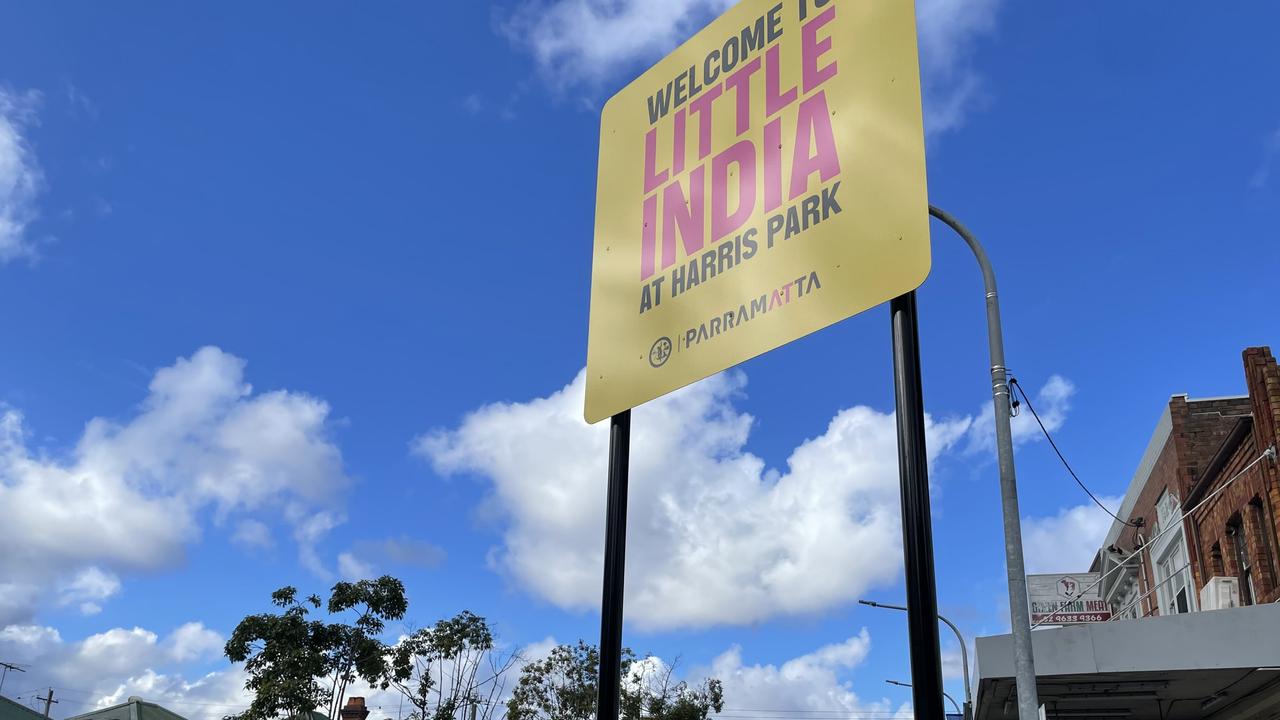
NSW
Don't miss out on the headlines from NSW. Followed categories will be added to My News.
Residents clashing with businesses in Little India, Harris Park, have highlighted the “ugly” side of night trading, outlining feral habits from customers who frequent food vendors fighting to stay open late.
During an intense meeting residents spoke out a fortnight after Parramatta Council agreed to write to Planning Minister Paul Scully to change legislation and allow the mobile food businesses such as trucks and carts to operate until 10pm at Marion, Station St East and Wigram streets at Harris Park.
Harris Park resident David Dilley said he constantly witnessed garbage strewn on the streets.
“Discarded food containers with leftovers, cigarette butts, the occasional soiled baby nappy
and other detritus emptied from cars,’’ he told the council meeting.
“There is the occasional waft of stale urine, and on one memorable morning, a pile of faeces to which no species of dog would ever lay claim.’’
He said by 6pm the night before, many driveways were blocked and no parking spots were left on Albion St.
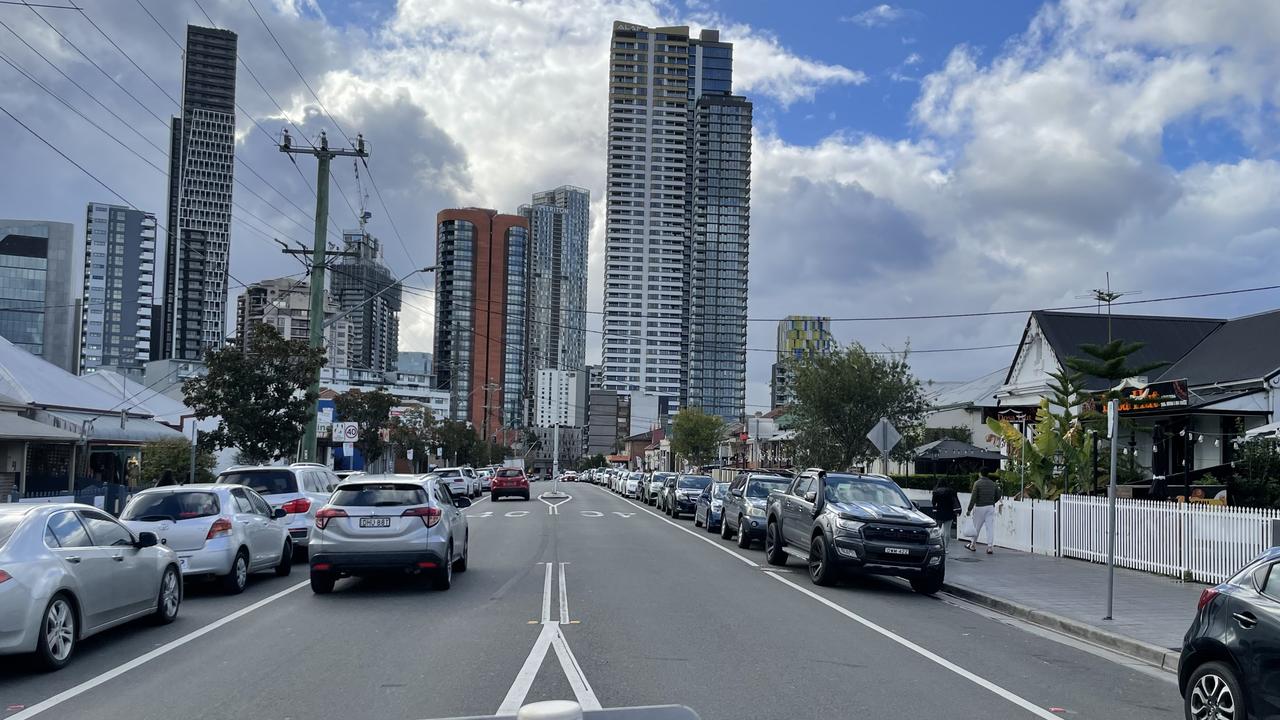
“This parade is punctuated regularly by loud revving, souped-up boom boxes that create enough noise to make conversation or hearing the television near impossible,’’ he said.
“Polite inquiry of drivers as to why they need cars and music so loud is usually met with a look as if I had two heads, sometimes a nonplussed, ‘I like the music’ and occasionally, by a tirade of abuse.’’
In response to vendors’ complaints about mental stress, he said residents had also suffered mental stress including some who have moved from the suburb.
“This, no doubt. will be seen by some as a suitable solution, but it will be the death of Harris Park when the lack of economic variety and exodus of residents creates an area deserted by day and noxious by night,’’ Mr Dilley said.
Harris Park businesswoman Seema Dhawan also blasted businesses who flouted rules.
“You only heard one side of the story, hiding the ugly side,’’ she said.
She said the deterioration happened since the government relaxed mobile food business rules during Covid, but now safety management, pedestrian safety, noise, parking, street scape and heritage controls had been exploited.
“As a result you’ll see structures in driveways, carparks, verandas, anywhere there is an inch of space available,’’ she said.
“The misuse has gone so far that the residential backyards have been converted into … food truck restaurants. I wake up to one such food truck every morning. The smell of oil fuels, the constant humming of exhaust fans ... music and constant yelling ‘Your order is ready’ are part of my daily experiences now.’’
Little India Harris Park Business Association president Sanjay Deshwal returned to address the chamber and repeated how some struggling traders paid fines up to $24,000 because they flouted rules.
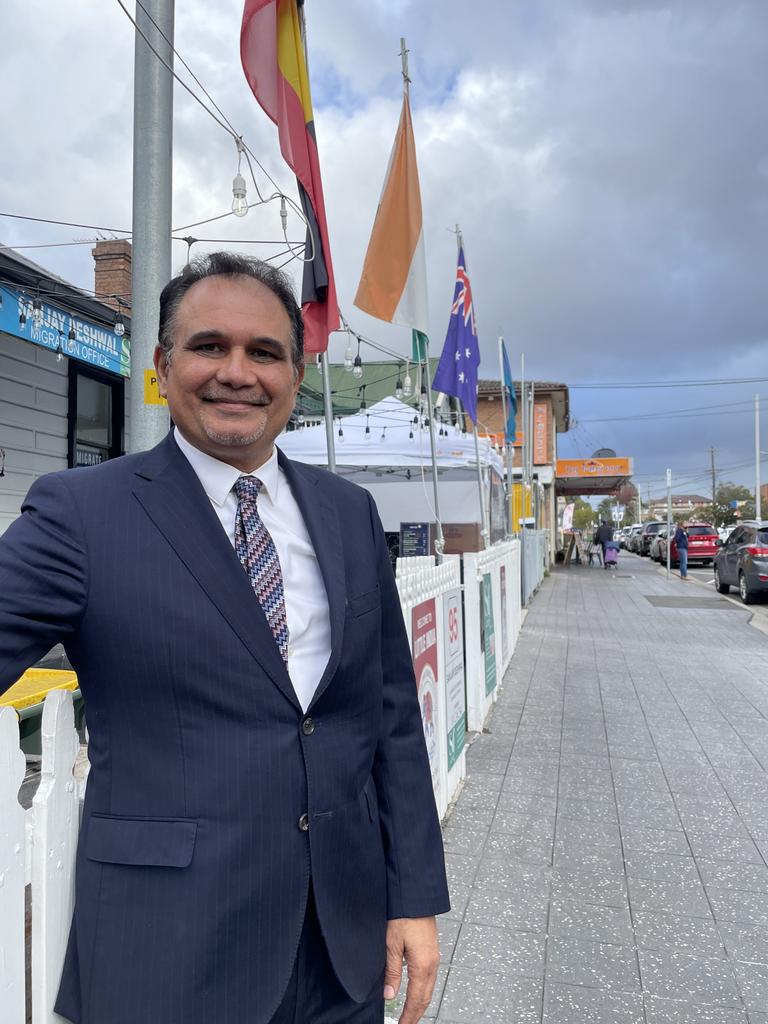
He said the small businesses were pivotal in establishing the Little India precinct as one of the “most happening places for national and international tourism in Greater western Sydney”.
He said more than 450 businesses signed a petition that called for trading till 10pm.
“Residents and small businesses can coexist,’’ he said.
Dr Yadu Singh chided the chamber for bringing the matter back on the agenda after the meeting a fortnight ago, claiming it was a motion to derail the July 8 decision to write to the government to change legislation.
He called on the council to show “kindness and compassion’’ towards the businesses suffering stress by reversing fines.
“The Little India precinct is the reality and has a right to exist,’’ he said.
“Residents from streets outside Little India precinct may not wish to have these businesses in Harris Park for whatever reasons including NIMBY syndrome but that does not mean the Little India precinct should disappear from Harris Park.’’
Restaurants join residents’ revolt
Cr Prociv clapped back, saying she brought the issue back on the agenda so residents could be heard ahead of tabling two petitions at the meeting.
“Sitting on (their) back veranda (they) have oil burning across the back fence and it’s been burning from 7am so the smell is pretty pungent and it burns seven days a week so (they) spend all their time inside with the windows shut because that is the residents’ experience of living in Harris Park with the three streets and the food truck,’’ she said.
“ … These are not tiny little things that you wheel in and out – they’re big things.
“The business people in Harris Park, the food truck owners in Harris Park – you may not particularly care about the impact you’re having on the residents but you will know about it ... and it will be a decision made by you not in ignorance.’’
Cr Prociv read aloud residents’ suggestions to upgrade the suburb including requests to remove the Welcome to Little India signs.
“The current signs are detrimental to the area,’’ she said.
“The current signs are unsightly, unnecessarily large, gaudy and detract from the streetscape.
“In short, they are eyesores with no redeeming features.’’
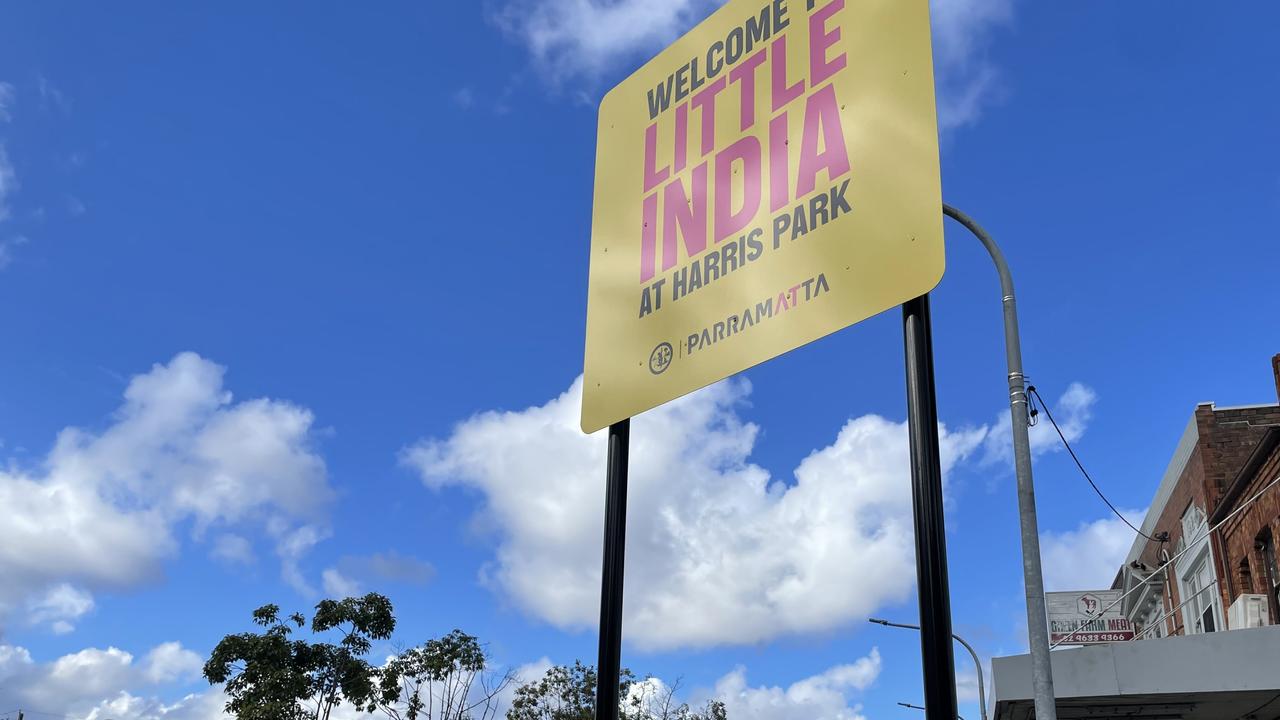
She tabled a 121-signature petition from residents to suggest the council review the size and position of the signs.
The second petition from restaurant owners expressing their dissatisfaction for mobile food businesses to operate after 7pm because it had “a detrimental impact on the restaurant industry and the local community”.
“The extended operating hours for food carts are damaging the healthy competition in Harris Park,’’ she said.
“The aggressive behaviour of some food cart operators towards others has created a hostile environment and is driving families away from visiting our area.
“The charm and character of Harris Park are being compromised by the proliferation of unregulated food carts, leading to a decline in the overall aesthetic appeal of the area.’’
Cr Prociv said the issue would be revisited while the council awaited a response from the Planning Minister.
Cr Prociv also called for the council chief executive to form a Little India consultative committee of three businesses and three residents.
More Coverage
Originally published as Little India: Residents speak out against Harris Park mobile food businesses



